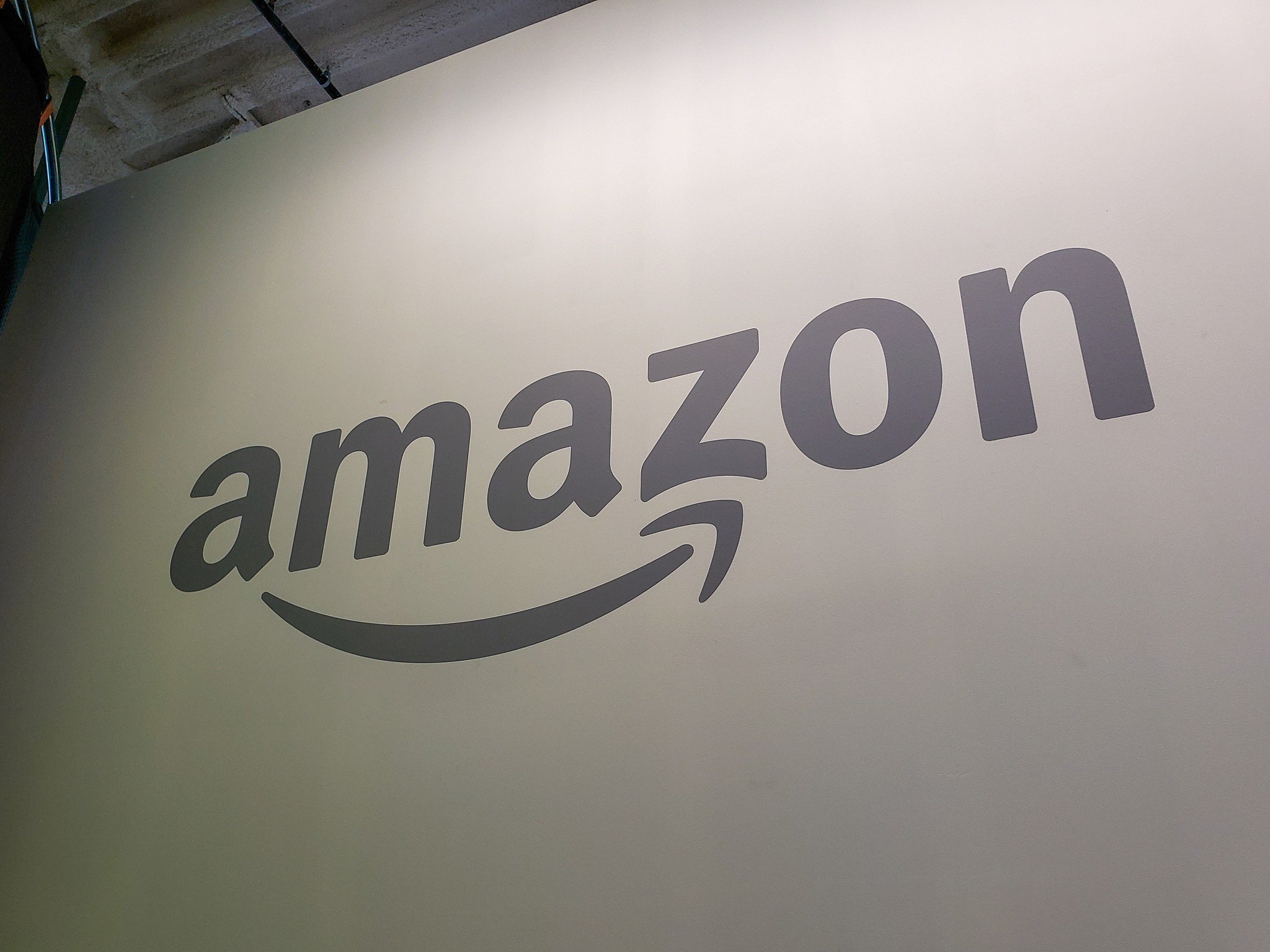Amazon missed analyst expectations and doesn't expect things to get much better.
What you need to know
- Amazon announced its Q3 financial earnings ending in September.
- The company reported just over $110 billion in revenue, missing analysts' expectations by nearly $1 billion.
- Amazon expects a weak Q4 due to labor shortages and higher wages.
While Amazon continues to rake in billions each quarter, the company also continues to miss analyst expectations, as shown by Thursday's Q3 financial earnings report.
Amazon reported more than $110 billion in revenue, up 15% from the same period last year. However, that falls just short of analyst estimates of nearly $112 billion. CFO Brian Osofsky says that while Amazon's operations are normally well-staffed and optimized, "labor shortages and supply chain disruptions upset this balance and resulted in additional costs to ensure that we continue to maintain our service levels to customers."
Here we go @amazon. Miss on top and bottom, but still delivered a very strong quarter in terms of revenue and earnings created. Interested in hearing remarks from @Ajassy. $AMZN #Earnings$AMZN Q3
— Daniel Newman (@danielnewmanUV) October 28, 2021
- $6.12 EPS vs. $8.92 estimate
- $110.8 billion net sales vs. $111.6B estimate.
Osofsky said on the earnings call that over the past 18 months, Amazon has increased its global headcount by more than 600,000 and that the company pays an average starting wage of $18 per hour. Yet even with the growth of 150,000 U.S. workers to support the holiday season, the company is still facing labor constraints and the challenges of higher costs.
Amazon CEO Andy Jassy expects this to continue into Q4 with "several billion dollars of additional costs" incurred from labor shortages, increased wage costs, and higher costs of shipping and freight. However, he notes that Amazon is doing what it can to minimize the impact on customers. "It'll be expensive for us in the short term, but it's the right prioritization for our customers and partners," he says in a press statement.
That said, Amazon is estimating a fairly weak holiday season, with operating income somewhere between $0 and $3 billion, representing a sharp decline from the $6.9 billion it made in Q4 last year.
And it certainly doesn't help that Amazon has a myriad of legal battles diluting its focus. The company was recently accused of lying to Congress about product discrimination on its marketplace and, with recent insights pointing to the company using third-party sellers' information to develop and promote its own competing products.
Additionally, Amazon faces a new bill from Senator Amy Klobuchar that it says "would jeopardize Amazon's ability to operate a marketplace for sellers." However, with the holidays just around the corner, it will be interesting to see how the company fares even as the pandemic slows down in many parts of the world, especially compared to last year.
Source: androidcentral
